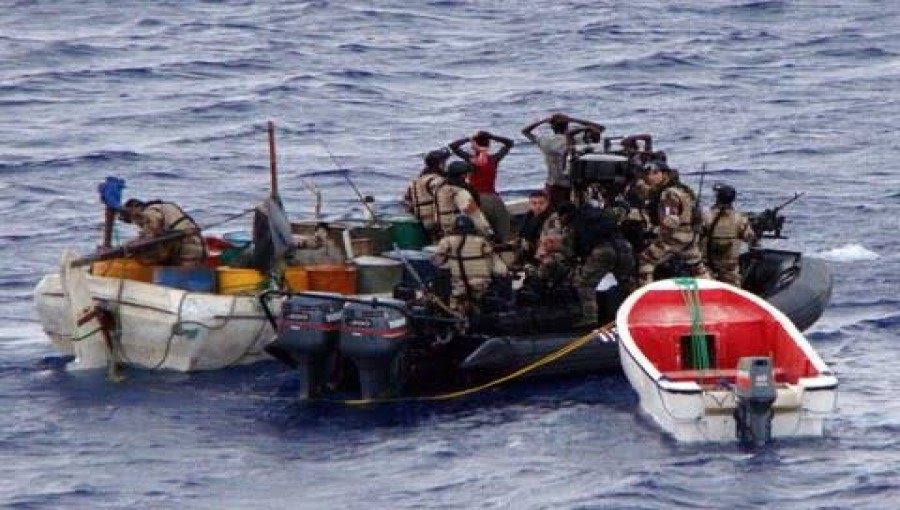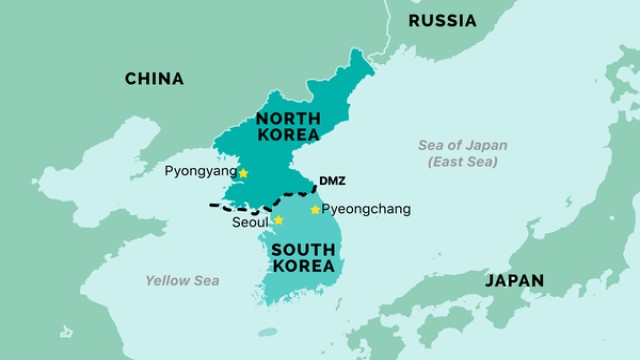Somalia, often associated with piracy and lawlessness, has a complex history behind its notorious reputation as a bandit state. Once a country of fishermen and farmers, Somalia's descent into piracy can be traced back to a combination of economic desperation, environmental degradation, and political instability.
The roots of Somali piracy lie in illegal fishing activities and the dumping of toxic waste by foreign ships off the coast. In response, local fishermen formed armed groups to protect their waters, but a pivotal event in 1995 marked a turning point. A group of fishermen commandeered a ship and demanded compensation for its release, setting the stage for a lucrative criminal enterprise.
Armed with modern weapons and sophisticated tactics, Somali pirates transformed from coastal fishermen to formidable adversaries on the high seas. With the support of ex-servicemen, technicians, and even government officials, piracy became a lucrative business, driven by ransom payments and the spoils of raided vessels.
The pirates' modus operandi involves stealthy nighttime attacks using small, radar-evading boats. Armed with an arsenal of weapons, including AK-47s and hand grenades, they swiftly board larger ships, often from the rear, and take control before the crew can react. Deep-sea attacks are meticulously planned from motherships, demonstrating the pirates' strategic prowess.
While piracy remains a criminal activity, it has inadvertently become a significant contributor to Somalia's economy. Ransom payments fund trade and development in the country, creating a paradoxical situation where piracy fuels economic growth amidst chaos and lawlessness.
The recent hijacking of the Bangladeshi-flagged ship MV Abdullah underscores the continued threat posed by Somali pirates. With 23 sailors held hostage and ransom demands looming, the international community faces the enduring challenge of combating piracy while addressing its root causes.
As Somalia grapples with the complex interplay of poverty, environmental degradation, and political instability, the economics of piracy serve as a stark reminder of the need for comprehensive solutions to ensure maritime security and stability in the region.




























Comment: